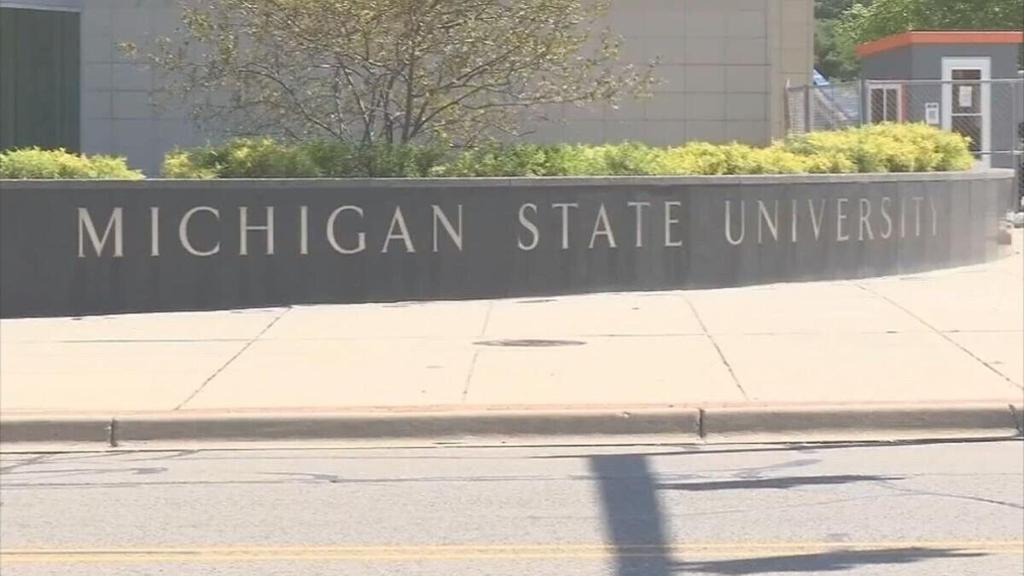DOTHAN, Ala. — A proposed bill in Alabama seeks to strengthen protections for first responders by criminalizing harassment or threats made toward officers after being asked to leave a crime scene. If passed, House Bill 224 would allow law enforcement to charge individuals who refuse to comply with orders to move away from emergency scenes, with potential penalties including jail time and hefty fines.
The bill, sponsored by Rep. Allen Treadaway (R-Morris), seeks to prevent individuals from interfering with first responders’ work by creating a legal framework to penalize those who threaten or harass officers. Under the bill, anyone who remains within 25 to 100 feet of a response scene after being ordered to leave could face charges for harassment. Those found guilty could be sentenced to up to one year in prison and fined as much as $6,000.
Harassment, according to the bill, is defined as “a course of conduct with the intent to cause substantial emotional distress and which serves no legitimate purpose.”
Treadaway, a retired assistant police chief from Birmingham, argued that the bill is necessary to ensure that first responders are protected from potential harm while performing their duties. He emphasized that law enforcement officers and other emergency personnel often face hostile and dangerous situations while responding to crimes and accidents.
“We need to provide our first responders with the legal tools to do their jobs without fear of being harassed or threatened,” Treadaway said. “This bill is designed to keep them safe while they’re saving lives and protecting our communities.”
However, critics of the bill have raised concerns about its potential to infringe upon free speech and civil liberties. Robert Corn-Revere, chief counsel for the Foundation for Individual Rights and Expression (FIRE), spoke out against the bill, stating that the language used could lead to unconstitutional enforcement. According to Corn-Revere, the broad definition of harassment and the discretion left to law enforcement officers could result in individuals being charged unfairly for engaging in protected speech or peaceful activities near a crime scene.
“This bill gives law enforcement too much leeway in determining what constitutes harassment,” Corn-Revere said. “It’s unclear where the line is drawn, and that leaves too much room for potential abuse of power.”
The proposal has sparked a wider debate about how laws should balance public safety with individual rights, particularly in an era where issues of police accountability and free expression are at the forefront of national conversations.
While supporters argue that protecting first responders is crucial, opponents worry that such a broad measure could set a dangerous precedent and lead to the suppression of free speech, especially in situations where individuals may only be voicing their opinions or peacefully observing a scene.
The bill is still under consideration in the Alabama legislature, and lawmakers will likely continue to scrutinize its language and potential impact. For now, both proponents and critics await further debate as the measure moves through the legislative process.
As it stands, House Bill 224 serves as a reminder of the complex relationship between protecting public servants and safeguarding civil liberties, and it remains to be seen how Alabama lawmakers will address these concerns moving forward.









